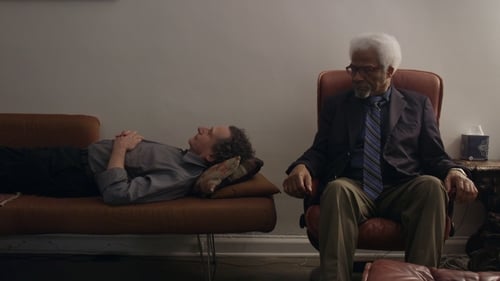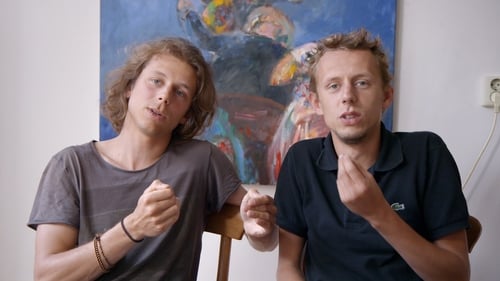
Producer
“There Is No Path” follows legendary director Heddy Honigmann on a real and spiritual journey. Today, facing a terminal illness, she will travel to her country of birth, Peru and through Europe revisiting all the important places and moments of her life, richly illustrated with clips of her films. Is it a farewell journey in which she lets go of her family, her loved ones and her work? Or is it a celebration of life? Her travelling companion is taxi driver Hussein, a refugee from Iraq with whom Heddy has a tight bond. As they trace Heddy’s family history they find many common themes. They are no longer taxi driver and customer, but two souls who each find joy in life in the face of adversity. It is a life affirming film about universal connection and comfort.

Producer
2차세계대전 시절 Alimna는 인도네시아의 사랑스러운 유모이면서 독립운동가 Riboet의 연인이기도 했다. 인도네시아계 네덜란드인인 감독 Sandra Beerends는 Alima의 이야기를 인도네시아인과 페미니스트적 시선에서 다룬다. They Call Me Babu는 2차세계대전과 인도네시아의 독립운동으로 점철되던 격변의 시기인 1940년대 네덜란드의 식민지 인도네시아에서 유모 혹은 하인으로 살았던 여성들에 대한 다큐멘터리다.

Producer
On All Saints’ Day, the Spanish pay tribute to their dead: a day of reverence and remembrance. Nevertheless, beneath the serene surface lie unhealed grief, thundering silence and ever-burning political conflicts. In the southern Spanish village of Frigiliana, time has not healed the wounds from the Franco era. Even now the murder of a villager in 1952 divides the community.

Producer
The film follows Michael Moskowitz’s work with a New York-based therapist named Kirkland Vaughns, one of the few African-American Freudian therapists in the United States, while the director reveals her own family’s devastating trauma.

Boom Operator
몸의 절반 이상이 흉터로 뒤덮인 비키, 염산으로 피부가 녹아버린 뒤 그녀의 삶은 모든게 바뀌었다. 새로운 삶의 조건을 찾아가는 여정 속 그녀는 자신의 정체성을 새로이 정립한다.

Producer
To forever be an outsider in your own country or roam freely in an international but tiny kingdom? That is the choice Tobias, who was born deaf, seems to be faced with.

Producer
In July 1992, fleeing the war in former Yugoslavia, some patients of the Bosnian mental institution in Jakes leave for Hungary. Since 1996, these patients are housed on a ward of a refugee centre in the Hungarian city of Debrecen, where the rooms are clean but bare. The filmmakers talk to patients, who would rather go back home. They interview the psychiatrist in attendance, who wonders why there is no place in Bosnia for this small group. In Bosnia, they interview the psychiatrist of their former institution; old video footage shows the ravages of war. Plaintive singing on the soundtrack accompanies a trip across snow-clad Bosnia, where the filmmakers visit the patients' relatives. Their reactions are similar each time: they did not know that the patients were in Hungary now, but Bosnia has a lack of money, doctors and medicine. According to their relatives - and the director of a new institution in Jakes - they are better off in Hungary.






